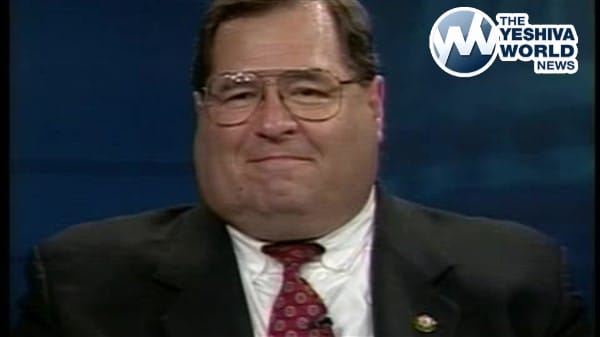Federal Reserve Chair Jerome Powell suggested Wednesday that inflation, which has been surging as the recovery strengthens, “will likely remain elevated in coming months” before “moderating.”
At the same time, Powell signaled no imminent change in the Fed’s ultra-low-interest rate policies.
In written testimony he will deliver later Wednesday to the House Financial Services Committee, Powell reiterated his long-held view that high inflation readings over the past several months have been driven largely by temporary factors, notably supply shortages and rising consumer demand as pandemic-related business restrictions are lifted.
Once such factors normalize, Powell said, inflation should ease. Yet the Fed chair did not repeat in his testimony an assertion he made three weeks ago before another House panel, that inflation would “drop back” to the Fed’s target of 2%.
The Fed has said it will keep its benchmark short-term rate pegged near zero until it believes maximum employment has been reached and annual inflation moderately exceeds 2% for some time. Fed officials have made clear that they are prepared to accept inflation above its target to make up for years of below-average inflation.
The Fed chair also suggested in his testimony Wednesday that the economy is “still a ways off” from making the “substantial further progress” that the central bank’s policymakers want to see before they will begin reducing their $120 billion in monthly bond purchases. Those purchases are intended to keep long-term borrowing rates low to encourage borrowing and spending.
Powell’s remarks coincided with a government report Wednesday that showed wholesale prices — which businesses pay — jumped 7.3% in June from a year earlier, the fastest 12-month gain on records dating to 2010.
On Tuesday, in another sign of intensified inflation pressures, the government said that prices paid by U.S. consumers surged in June by the most in 13 years. It was the third straight month inflation has jumped. Excluding volatile food and energy costs, so-called core inflation rose 4.5% in June, the fastest pace since November 1991.
Much of the consumer price gain was driven by categories that reflect the reopening of the economy and related supply shortages. Used car price increases accounted for about one-third of the jump. Prices for hotel rooms, airline tickets, and car rentals also rose substantially.
“The fact that the recent run-up in inflation has been dominated by a few categories should give the Fed leadership continued confidence in their view that it is mostly a transitory increase, a view which the market apparently shares,” Michael Feroli, an economist at JPMorgan Chase, said this week.
But some increases could persist. Restaurant prices rose 0.7% in June, the largest monthly rise since 1981, and have increased 4.2% compared with a year ago. Those price increases likely are intended to offset higher wage and food costs as restaurants scramble to fill jobs.
In his testimony, Powell was upbeat about the economy, with growth on track “to post its fastest rate of increase in decades.” He said hiring has been “robust” but noted there “is still a long way to go,” with the unemployment rate elevated at 5.9%.
At their most recent meeting last month, Fed officials forecast that they may raise their benchmark short-term rate twice by the end of 2023, an earlier time frame than they had previously signaled.
(AP)











